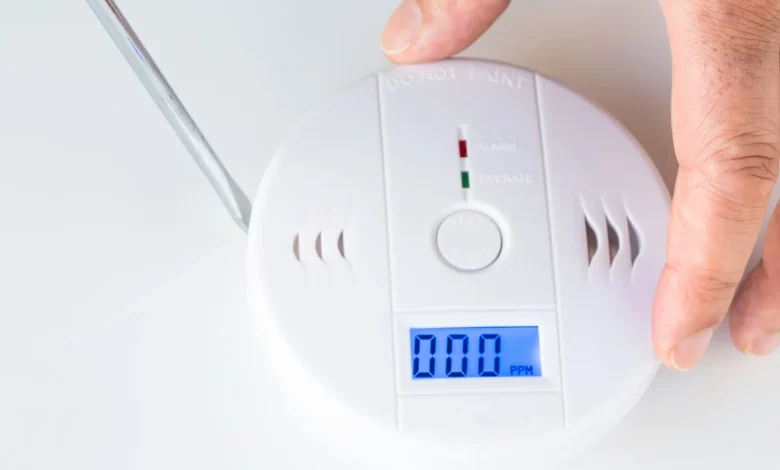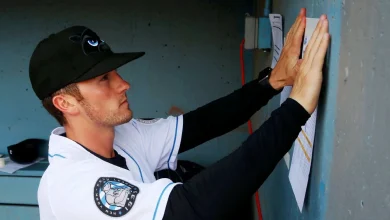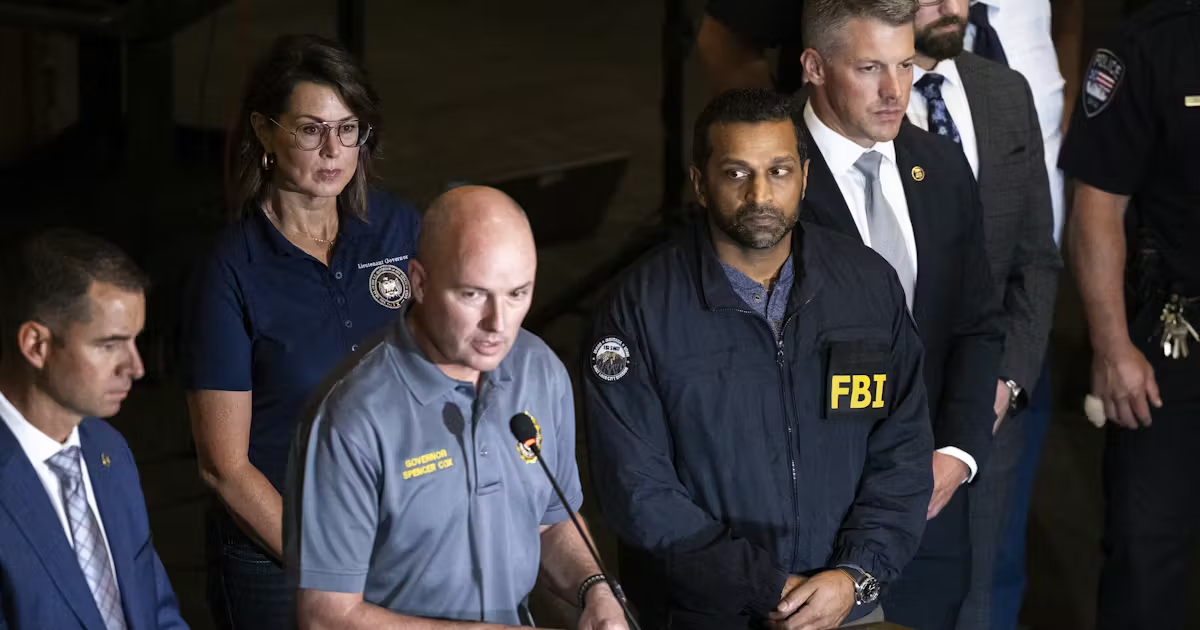Grand Forks safety coordinator aims to raise awareness of the dangers of carbon monoxide poisoning

GRAND FORKS – November is National Carbon Monoxide Awareness Month. In preparation for colder months, a Grand Forks safety coordinator said people should start their cars outside of the garage, schedule professional inspections and ensure all vents are not covered by snow.
Carbon monoxide is a toxic gas caused by the burning of fuels and can cause long-term and short-term health consequences. It has no smell, color or taste and can be incredibly hard to detect without an alarm. According to Carma Hanson, a coordinator for Safe Kids Grand Forks – a coalition that works to prevent harm to children – people are often unaware about the dangers of the “invisible killer.”
“People know about the dangers of a fire. … But not as many people are as aware of the dangers of carbon monoxide,” Hanson said. “If you have a fire raging throughout your house, you see the smoke. You can almost taste it. You can smell it. You can feel the fire and the flames. Carbon monoxide could be lurking within your homes or your garage or your outbuildings, and be just as dangerous as that fire. … You can’t see it, see it, smell it, or taste it. And so it’s what we call an invisible killer.”
North Dakota and Minnesota are disproportionately represented in per capita carbon monoxide incidents, Hanson said. She said this is due to the cold weather in both states and the popularity of outdoor recreational activities, which can necessitate the increased burning of fuel.
The symptoms of carbon monoxide are nausea, vomiting, weakness, headaches, chest cramps and tiredness. Carbon monoxide poisoning is incredibly dangerous, Hanson said, because people can often mistake the symptoms for another illness and continue to stay in a dangerous environment. Prolonged exposure can cause worse symptoms or even death.
“Most people’s minds are going to go, ‘I’m coming down with the flu,’” she said. “So their thought is, ‘I’m gonna go lay down to get a good night’s sleep, hopefully I’ll feel better in the morning.’ And that’s where my response is: you don’t get that do-over with these types of incidents, because oftentimes that carbon monoxide continues to poison that body.”
If someone feels the symptoms of carbon monoxide poisoning, they should immediately call 911 and get out of the environment. Hanson said that even with a detector, malfunctions are possible. She also said that, unlike fire alarms, many establishments and businesses are not required to install carbon monoxide detectors.
“You need to have that alarm in your house, but also think about if you send students off to college … They should have one in their room,” she said. “Are they renting an apartment or house? Get one for them there. If you travel, think about taking a portable one with you. … Because that detector could mean the difference of life or death.”
Outside of having multiple functioning detectors and portable alarms, there are other ways to protect yourself from carbon monoxide incidents. Hanson said it is important to maintain your fireplace or furnace, including having a professional inspect for any leaks or dangerous ventilation systems. If you have an attached garage, pulling your car out of the garage before you start it can ensure carbon monoxide does not leak into your home. Other important tips are to check that any vents are cleared and not covered with snow, never letting your car exhaust pipe be covered in snow if it is running and ensuring any generator is at least 20 feet away from the structure (home, RV, fishing house, hunting shack) that it is powering.
Carbon monoxide can affect a person’s cognitive function, making it hard for them to reason logically. Hanson said if you have any of the symptoms, it is better to be safe and check to make sure there is not a carbon monoxide leak in the home.
“The way that carbon monoxide acts is it binds with the spots where the oxygen is supposed to be and all of a sudden, what you would normally be thinking as rational thoughts, your mind doesn’t have the cognitive ability to do that,” Hanson said. “So a lot of people can be overcome by that and die because of that. … If you’re concerned, get out of that environment. Get outside. Call 911.”
Sophia is the K-12 education reporter for the Grand Forks Herald.





